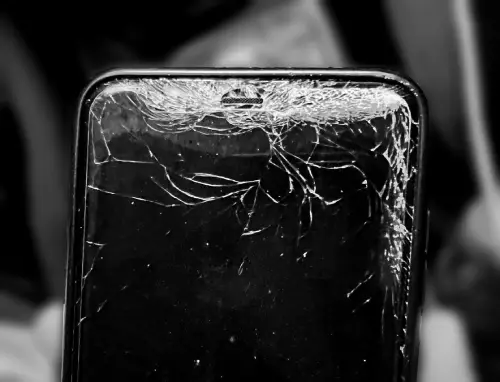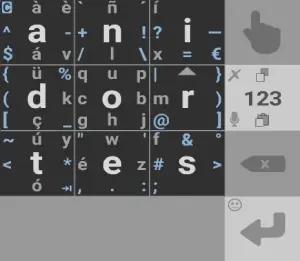457 words, a 3 minute read.
Le hacía falta una buena limpieza digital que nunca me dignaba a llevar a cabo. Tenía muy poca memoria y siempre la tenía llena, pero me gustaba verme forzado a limpiar mis imágenes y no producir demasiadas. De esta forma, realmente podía consultarlas o ver mis recuerdos; en cambio, si tengo demasiadas y se mezclan las imágenes importantes con las demás, es como si no tuviera ninguna. Un poco como lo que dice Marie Kondo con los objetos apelotonados en un armario: si tienes demasiados, no sabes lo que tienes y no usas ninguno.
Lentamente, durante los últimos meses, dejaron de funcionar los botones de volumen. Me las apañé acostumbrándome a controlar el volumen a través de mis cascos o del menú de ajustes. También configuré las capturas de pantalla para que ejecutaran con un gesto táctil en lugar de los botones.
Me hacía ilusión hacer de una vez esa limpieza y ver cuánto más aguantaba cómodamente con el aparato. Era sólo cuestión de mover a mi disco duro mi historial de chats de los últimos 7 años, lo que más espacio ocupaba con gran diferencia. Esa tarea podía tomar, a lo sumo, una tarde. Sentía una especie de orgullo testarudo en ser capaz de exprimir ese móvil, aún cuando el espacio total de almacenamiento con el que contaba era inferior a la información que, según me han aproximado, suelen generar las personas de mi entorno en una semana o mes.
Hace un tiempo, como relato en su propia entrada, fui de ruta con mis padres. Mi teléfono aguantó todas las pendientes, saltos y rocas a salvo, en mi precario bolsillo sin cremallera. Tampoco se deslizó de mi mano al tomar fotos al río desde los puentes.
Fue solamente al volver y estar de nuevo en la ciudad que un gesto absurdo de mi mano hizo que se precipitara al suelo de hormigón, aterrizando en la pantalla:
Curiosamente, el protector de pantalla resultó prácticamente ileso. Todo el craquelado que se observa en la imagen es en la pantalla de debajo. Mientras elegía móvil nuevo, seguí usándolo un tiempo: ideé un vendaje de cinta adhesiva que cubría la parte superior y, junto con el protector de pantalla y la funda, abrazaba eficazmente las esquirlas de la porción en peor estado, incluso trotando en mi bolsillo y mochila. Esa ingeniería austera (que además, debo decir, apliqué de forma bastante estética) me ha permitido un mes de indecisión para elegir un sucesor.
Gracias por haber funcionado bien durante tantos años!


